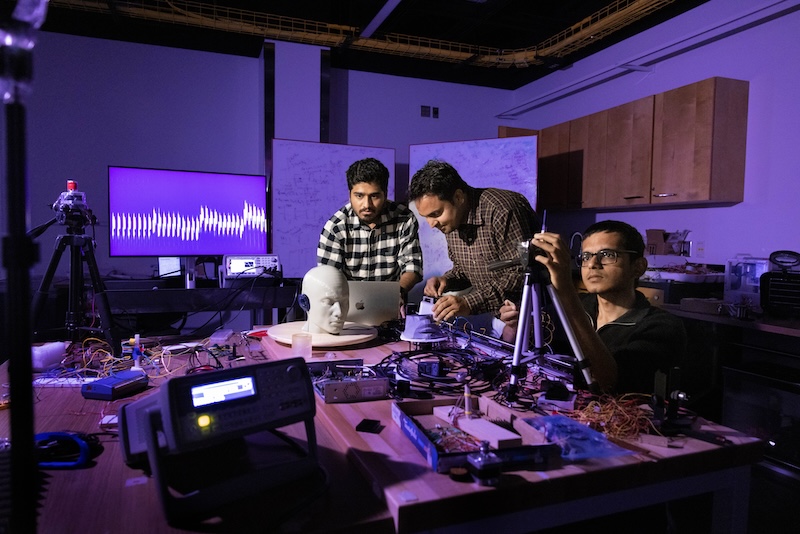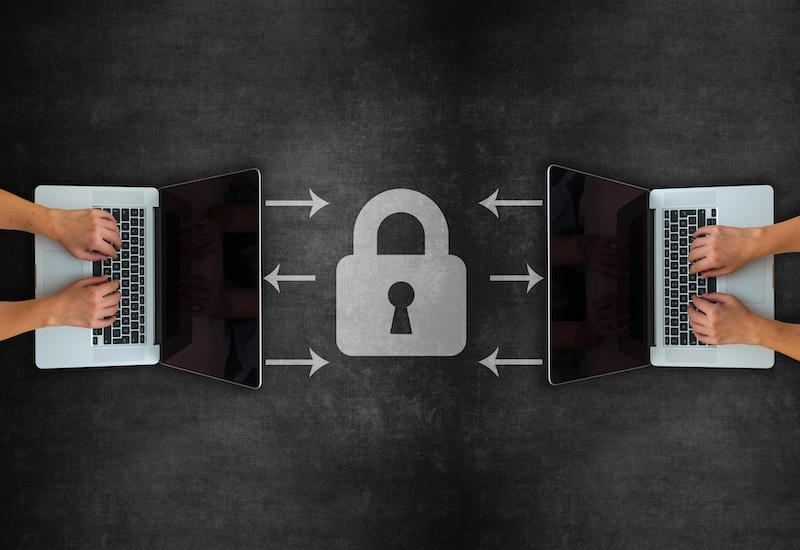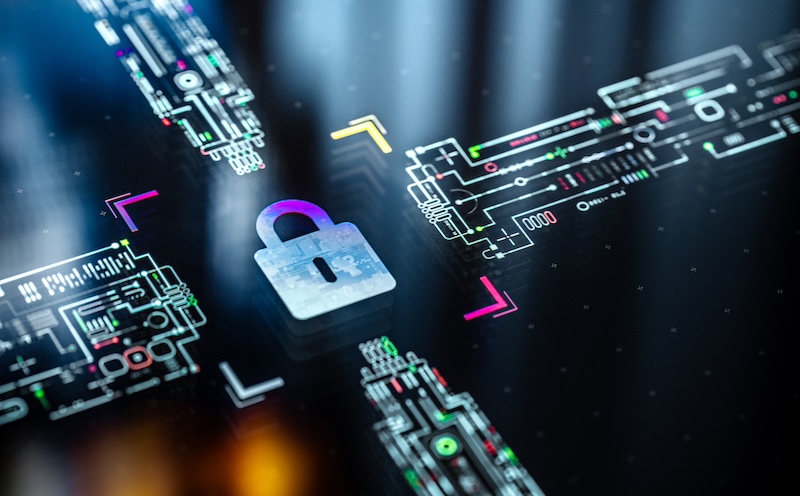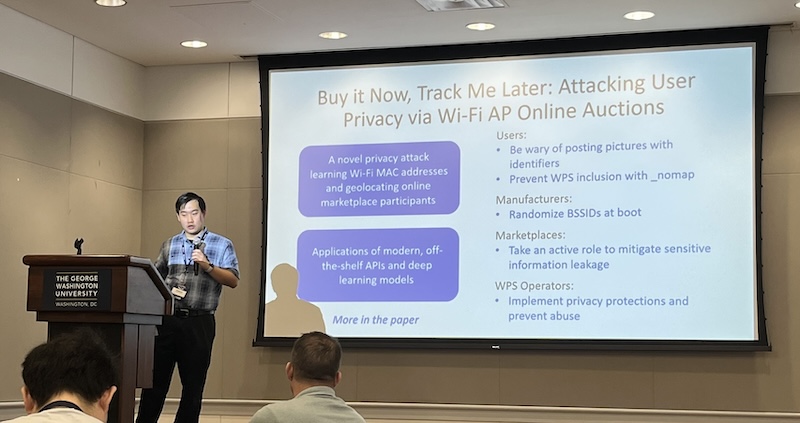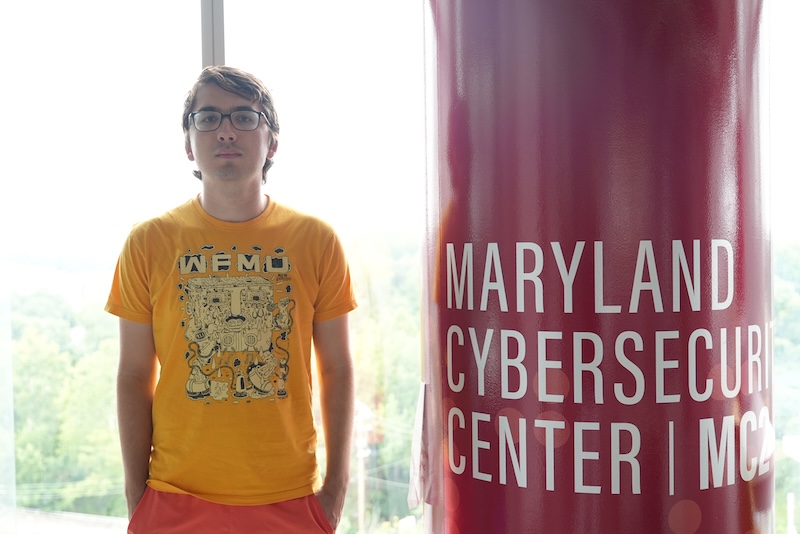News Story
Katz Quoted in NBC News Article on Encryption Apps
Jonathan Katz, a professor of computer science and director of the Maryland Cybersecurity Center (MC2), was recently quoted in an NBC News article about how terrorists are utilizing and/or building encrypted messaging apps so that their communications will not be intercepted.
In the wake of the Paris terror attacks, some politicians and intelligence officials have begun rallying for "back doors" into encrypted messaging apps.
In theory, a "back door" would let law enforcement gain insight into secret terrorist communications—if those terrorists were limited to a handful of regulated apps.
However, there are more than 400 free and commercial encryption products currently on the market. Many of them were created outside of the U.S., meaning that even if the U.S. government created laws demanding Silicon Valley create "back doors," the foreign apps and services would not have to comply. And some terrorist organizations, such as Al Qaeda, have started building their own apps.
"It's relatively easy to put together an application that uses encryption," Katz says. "It's more difficult to build an application that's end-to-end secure."
It is relatively simple to build encryption software that keeps away scammers, he says. Without experience and resources, however, it is unlikely they could build unbreakable, error-free software that could keep out nation states.
Katz pointed to the Heartbleed bug as an example of how even vetted encryption technology, in that case OpenSSL, can be vulnerable to implementation errors.
Read the full article here.


